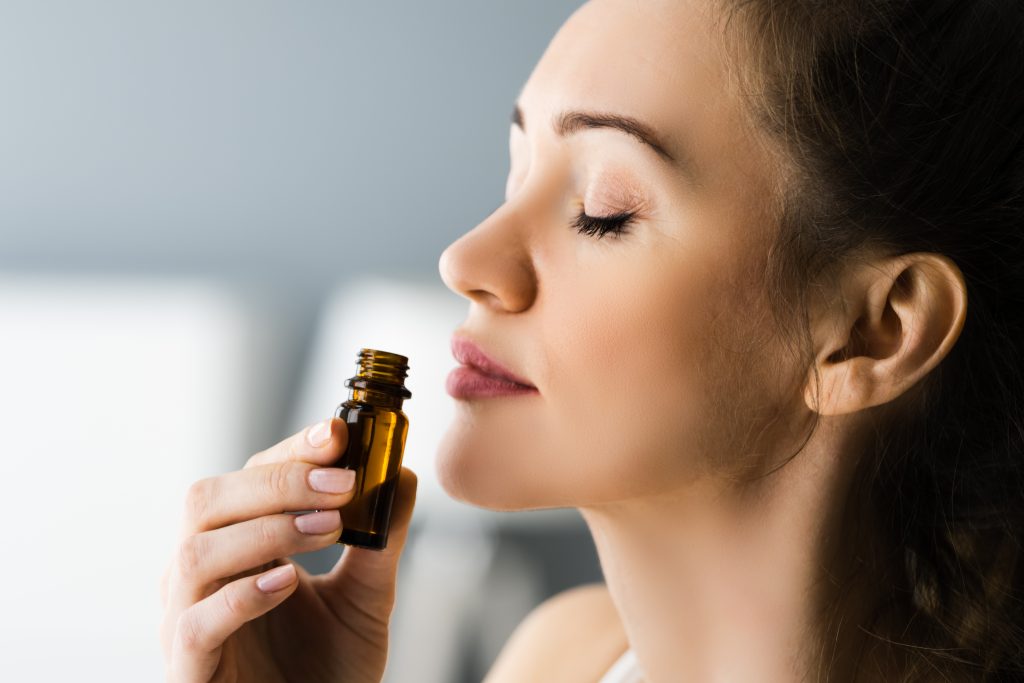Imagine strolling through a bustling shopping mall, surrounded by a sensory symphony. In this vibrant environment, your five senses are in overdrive, including your sense of smell. The air is infused with various scents, each beckoning in its own way. This intriguing interplay of scent and human behavior is at the heart of aromachology.

What is Aromachology?
Aromachology is the scientific study of scents and their profound impact on human behavior and emotions. It delves into the intricate relationship between our olfactory experiences and our physiological and emotional responses. Have you ever been transported back in time by a familiar fragrance, or felt an immediate emotional reaction to a particular scent? These are the kinds of phenomena that aromachology seeks to understand.
Aromachology vs. Aromatherapy
It’s important to distinguish between aromachology and aromatherapy. While they share a connection through the world of scents, they serve different purposes:
- Aromachology focuses on the study of how scents trigger emotional and behavioral responses. It aims to uncover the mechanisms behind why we react to certain fragrances in specific ways.
- Aromatherapy, on the other hand, is a therapeutic practice that utilizes essential oils derived from plants to promote physical and psychological well-being. Aromatherapy harnesses the healing properties of these oils to induce relaxation, improve sleep, boost alertness, and address various health concerns.
Applications of Aromachology
Aromachology findings have practical applications that extend beyond scientific research:
- Scent Marketing: Businesses and retailers use insights from aromachology to engage in scent marketing. This involves strategically employing fragrances to create immersive environments and influence customer behavior. For example, the scent of freshly baked cookies in a mall can entice shoppers to visit a bakery or evoke feelings of nostalgia.
- Brand Identity: Companies develop brand identities by incorporating signature scents into their spaces or products. These scents serve as a powerful sensory cue that triggers positive associations with the brand. Luxury hotels, for instance, may burn a particular candle to create a unique ambiance and may offer the same candle for sale as a keepsake.
Incorporating Aromachology into Daily Life
While aromachology is primarily a scientific discipline, you can still explore your personal responses to scents in your daily life. Consider the following examples:
- Lemon for Invigoration: Does the zesty aroma of lemon inspire you to tackle household chores with newfound energy?
- Lavender for Relaxation: Have you noticed that spritzing lavender essential oil in your workspace helps diffuse tension during a stressful meeting?
- Jasmine for Sleep: Does applying jasmine-scented hand lotion before bed aid in your relaxation and improve your sleep quality?
These instances highlight the direct connection between scents and specific emotional or behavioral responses. Although you may not be conducting formal aromachological research, you can certainly appreciate the power of scent in shaping your daily experiences and well-being.
In essence, aromachology unveils the intricate dance between our sense of smell and our thoughts, feelings, and actions, adding a deeper layer of understanding to the world of fragrances.


 No products in the cart.
No products in the cart.